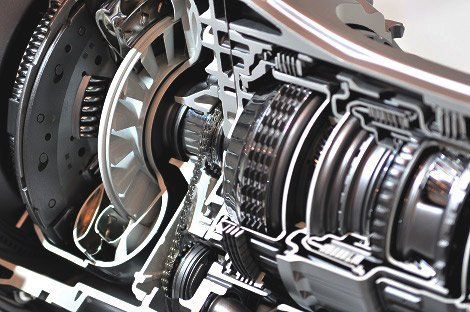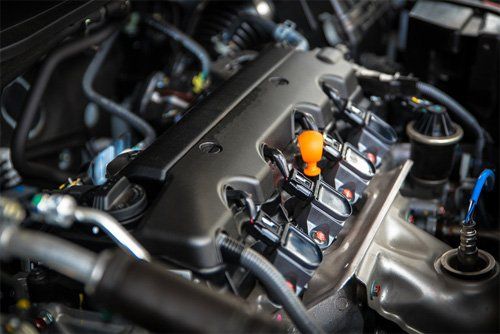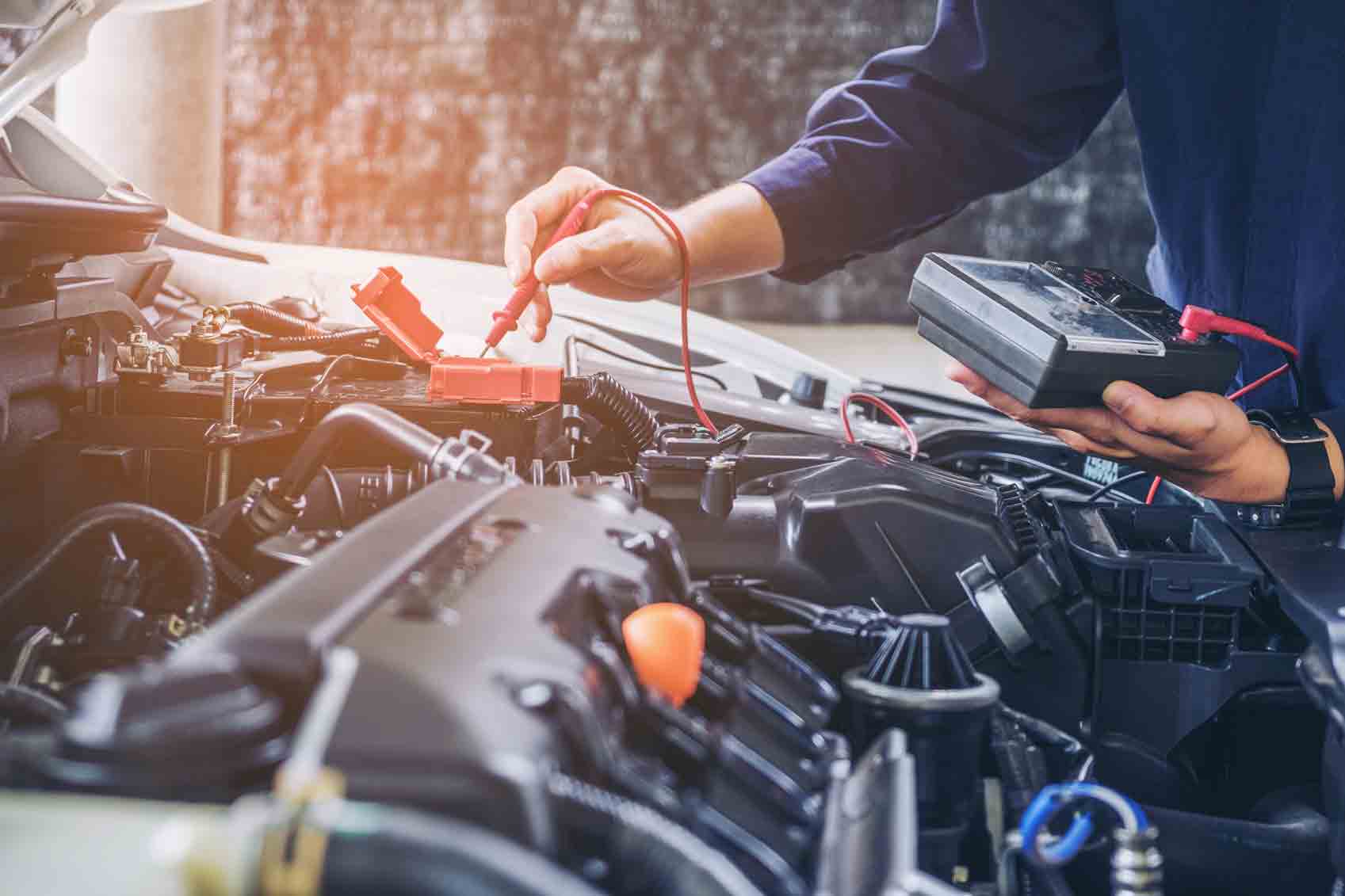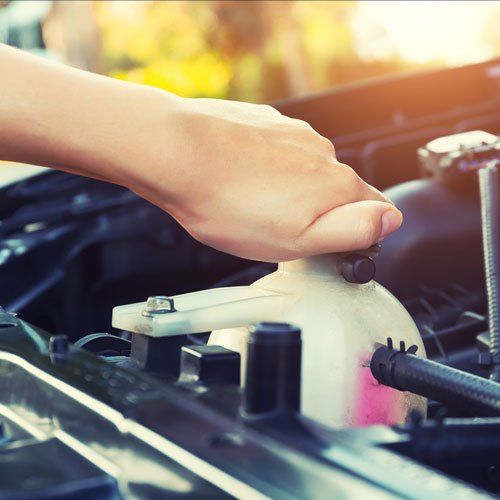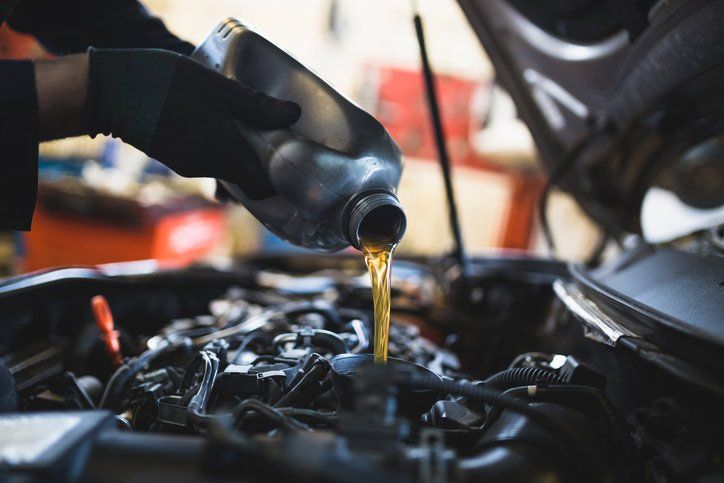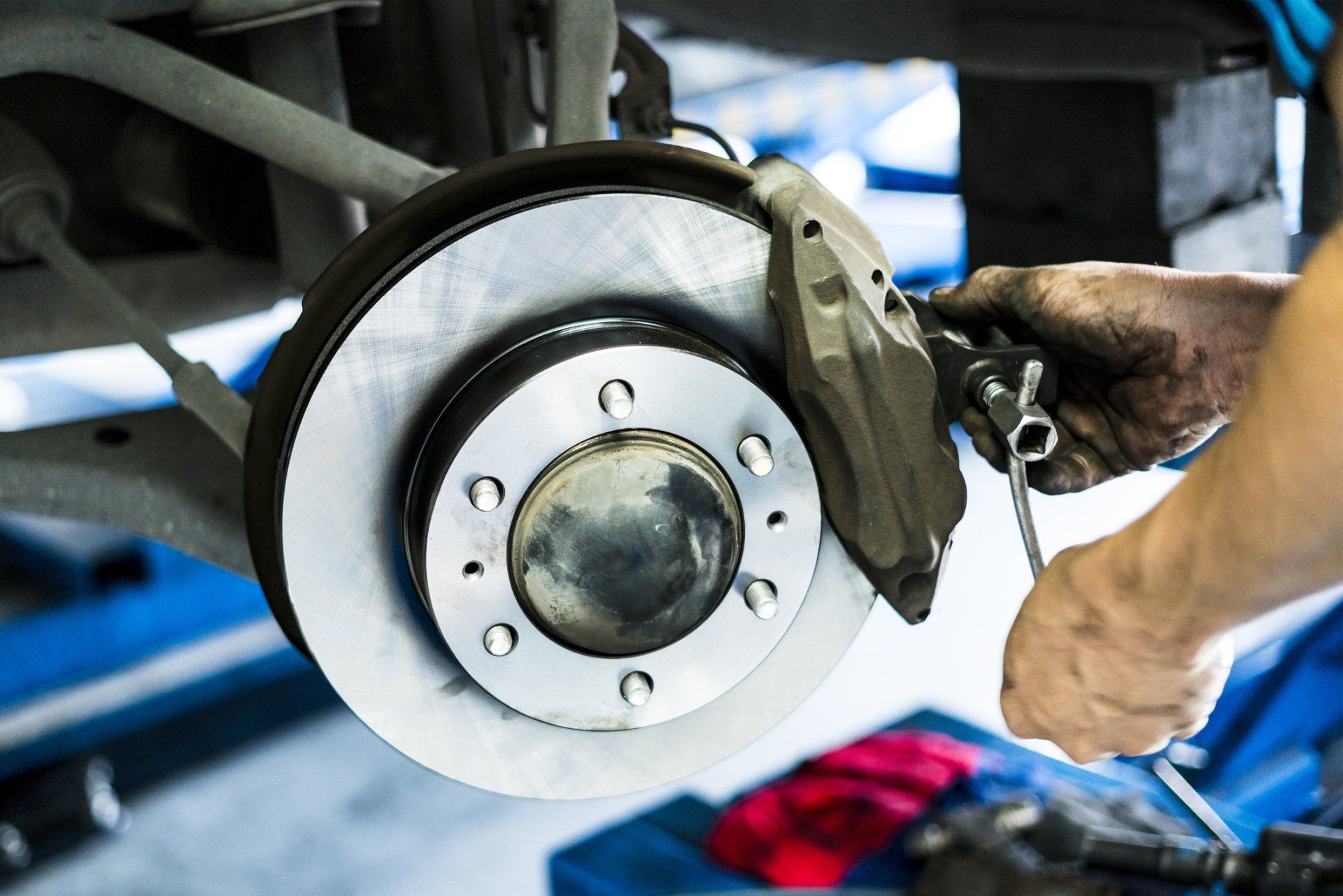As you probably know, an automobile suffers a lot of wear and tear as time goes on. Fortunately, you can protect your car from undue degeneration by having it professionally maintained on a regular basis. Those who fail to take their car in for periodic checkups risk their car developing far more costly problems.
One of the most common such problems involves the formation of the destructive substance known as engine sludge. This substance negatively affects your car's performance and may ultimately cause your engine to fail entirely. If you are an automobile owner, you owe it to yourself to understand as much as possible about engine sludge. This article covers three key things that you should know.
Your car's motor oil makes up the principal ingredient in engine sludge. Two principal factors can lead to the formation of engine sludge: oxidation and contamination.
Oxidation occurs naturally as oil ages. Heat and internal friction cause the oil molecules to break down into smaller components. Unfortunately, these degraded byproducts lack the high viscosity of fresh oil.
In other words, instead of being slick and fluid, the products of oxidation tend to be sticky and slowmoving. As the oil continues to age, more of this grease-like sludge accumulates inside of your engine, often exacerbating the conditions that led to its formation in the first place.
Sludge also forms as oil accumulates contaminants. Some such contaminants come from the gas you put in your car. Virtually all gasoline contains some percentage of non-combustible contaminants, which often slip past the pistons in your engine and mix with the oil. Another common contaminant comes in the form of water, which often gets into an engine through the process of condensation.
Sludge also forms more rapidly for those who don't stock their cars with high-quality motor oil. This is because lower-quality oils contain more contaminants, causing engine sludge to form more quickly than it would if you used a higher-quality oil.
As sludge builds up in your engine, it leads to greater and greater problems. Most of these problems stem from the fact that sludge decreases the rate of oil circulation. This lack of circulation can lead to engine starvation, a condition in which your engine doesn't receive an adequate supply of oil.
Without adequate oil, your engine generates more friction than usual. This friction increases engine heat, which can damage sensitive components. Excess friction also reduces the amount of power generated by your engine. As a result, you may find that your fuel economy has begun to suffer.
Sludge deposits also make it more difficult for your car to start up by increasing the amount of resistance to your oil pump's efforts at circulation. If not addressed, sludge can ultimately cause your engine to critically overheat and fail altogether.
The solution to engine sludge depends on how severe the problem has become. Car owners can remove relatively minor sludge buildup through the use of a chemical sludge remover. Simply add this substance to your oil supply, allow your engine to run for several minutes, and then drain the oil and replace it with fresh stock.
Unfortunately, this solution won't work as well for more serious sludge deposits. In that case, you may need to have a mechanic partially disassemble your engine and manually remove the built-up sludge. If you believe your car has developed a sludge problem, have it inspected as soon as possible. For more information,
contact the engine professionals at German Car Care.
